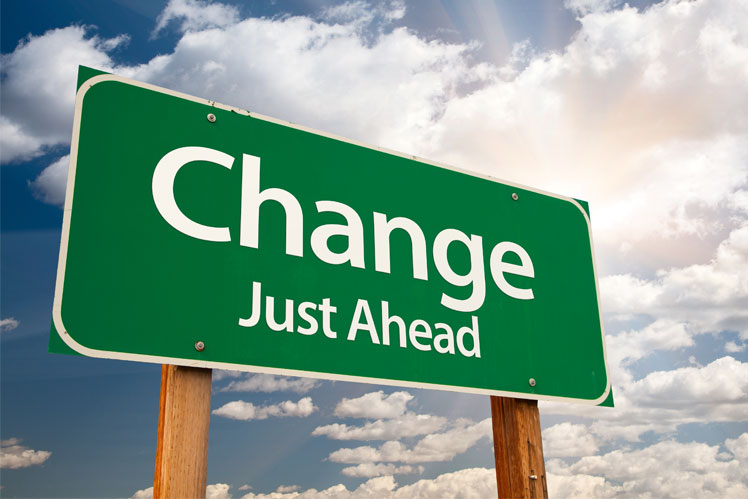Business, investing and life in general follow predictable ebbs and flows. The Business Cycle is no exception. This is the cycle whereby the economy goes through strong growth periods, weaker growth periods and everything in between. Governments and the Central Banks try to manage this cycle and prevent any enduring excesses from building up, while guiding the economy along a sustainable path of growth.
When an economy starts growing too quickly, the Central Bank will move to “take away the punch bowl” (official economics lingo) and cool the “animal spirits” at the party. At one time, the average business cycle lasted about 5-7 years. With the fall of the Iron Curtain in 1990, this cycle has lengthened to about 8 – 10 years or so, with the last official recession in 2008.
Historically, interest rates were used to manage this cycle. When the economy was overheating, interest rates were raised, sometimes substantially, to cool demand for credit and to curb economic growth. This was what Paul Volker, then US Fed Chairman, did in the early 1980’s to curb increasing rates of inflation. When an economy underperforms (at the bottom of the Business Cycle) interest rates are typically lowered to stimulate borrowing and economic activity.
With short-term interest rates at historical lows today, it is difficult to judge where we are in the Business Cycle by this measure alone. In the face of large and growing Government debts, it is deemed too risky for the US Federal Reserve and other Central Banks to raise interest rates too much or too fast to cool the economy from speculative excesses – without risking some negative impacts that are greater in magnitude than the benefits from cooling the economy.
An alternative way to assess where we are in the Business Cycle – and how this may impact your spending and investment decisions – is to consider another factor that may be helpful as a signpost for the economic landscape. The one factor that plays a role in almost every facet of our economy is energy and more importantly the price of energy.
The price of energy is embedded in every aspect of our lives. When energy prices rise quickly, as they did in early 2022, this acts as a form of taxation on the average consumer. The immediate effect of higher energy prices is the impact on the cost of driving your car. The transmission effects of this short-lived spike in oil prices will likely take some time to work its way through the supply chains, such as growing food, transportation and so on.
The good news is that every weak business cycle is traditionally followed by a strengthening and improving business cycle afterwards. By examining data from economic cycles investors can determine when it is more prudent to pay down debts and/or when it is more profitable to invest for asset growth.
Contrarian investors are thrilled to be able to buy quality assets on sale during any periods of economic weakness.
The Business Cycle is one element to be aware of when managing your personal financial strategy. It is a natural part of the economic landscape.
Call us today to review your situation and how you can take advantage of any Business Cycle slow-downs.
Copyright © 2022 AdvisorNet Communications Inc., under license from W.F.I. All rights reserved. This article is provided for informational purposes only and is based on the perspectives and opinions of the owners and writers only. The information provided is not intended to provide specific financial advice. It is strongly recommended that the reader seek qualified professional advice before making any financial decisions based on anything discussed in this article. This article is not to be copied or republished in any format for any reason without the written permission of the AdvisorNet Communications. The publisher does not guarantee the accuracy of the information and is not liable in any way for any error or omission.













